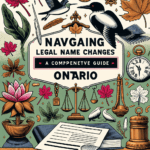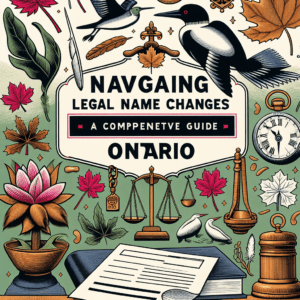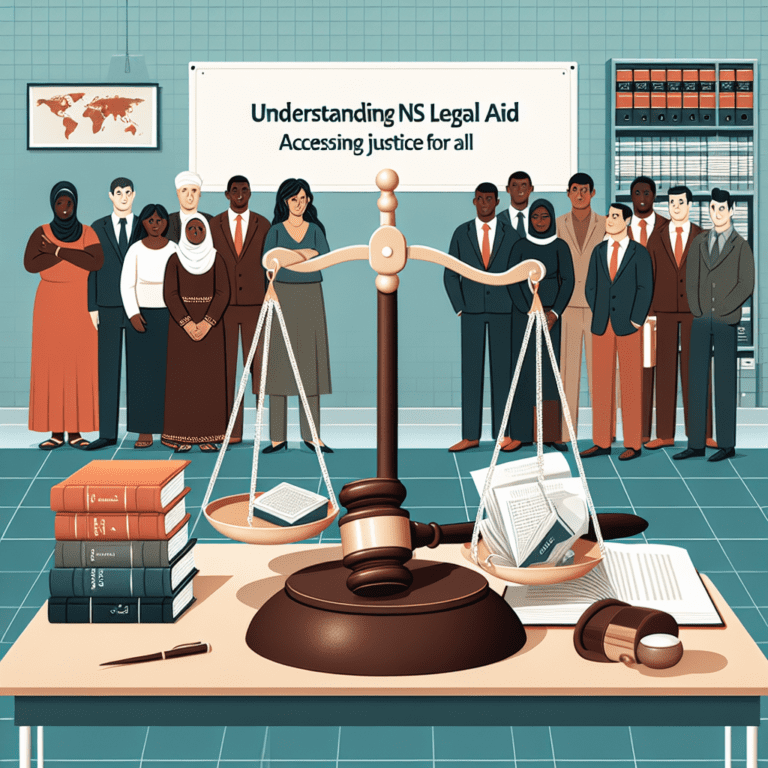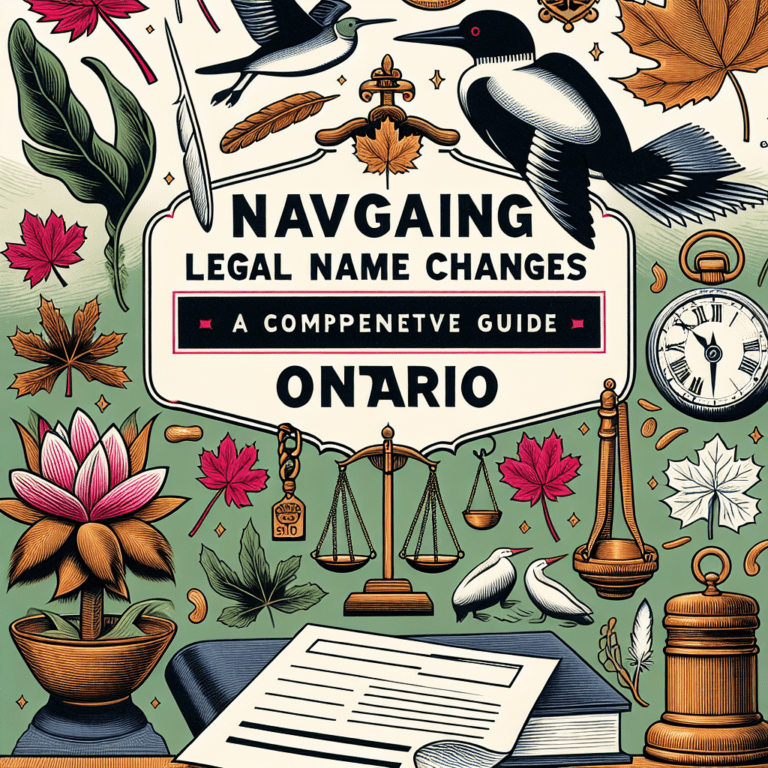===INTRO:===
As we navigate through 2024, significant developments in Canadian human rights law are shaping the landscape of legal protections and equality for all citizens. Understanding these changes is crucial for individuals, organizations, and legal practitioners alike, as they reflect the evolving societal values and the ongoing struggle for justice. The recent updates not only tackle pressing social issues but also enhance the framework within which human rights are upheld in Canada. By exploring the latest legislative changes and emerging trends in case law, you can better equip yourself to navigate this complex arena.
Significant Changes in Canadian Human Rights Legislation for 2024
In 2024, Canadian human rights legislation has undergone substantial refinement aimed at bolstering protections against discrimination and ensuring equitable treatment across various sectors. Notably, the introduction of the Canadian Human Rights Act Amendments has expanded the range of prohibited grounds of discrimination. New categories, including social origin and gender expression, have been officially recognized, reflecting a deeper commitment to inclusivity. This shift echoes a broader societal recognition of diverse identities and experiences, aligning legal frameworks with contemporary values.
Moreover, a major focus has been placed on accessibility. The Accessible Canada Act has seen pivotal updates, mandating that all federally regulated entities establish comprehensive accessibility plans by mid-year. This legislation seeks not only to improve physical access but also to enhance digital accessibility, ensuring that individuals with disabilities can fully participate in all aspects of public life. As organizations scramble to comply, this creates an urgent need for consultation and expertise to effectively navigate the compliance landscape.
Additionally, there have been enhanced measures for whistleblower protections under the Public Servants Disclosure Protection Act. The revisions aim to encourage the reporting of misconduct without fear of retaliation, thereby fostering a culture of transparency and accountability within public institutions. These legislative changes collectively create a more robust framework for human rights, addressing the complexities of modern discrimination and ensuring that marginalized voices are heard and protected.
Emerging Trends in Human Rights Case Law in Canada
The case law landscape in Canada is increasingly characterized by a proactive approach to interpreting human rights laws. Courts are demonstrating a willingness to expand the scope of protections, especially in areas concerning systemic discrimination and the rights of Indigenous Peoples. Landmark decisions have underscored the importance of recognizing historical injustices and the ongoing impacts of colonialism, prompting a shift in how claims of discrimination are adjudicated. This trend emphasizes not only legal remedies but also the need for reparative justice.
As societal awareness of mental health issues continues to grow, there has been a marked increase in cases addressing the intersection of human rights and mental health. Courts are beginning to recognize the necessity of accommodating individuals with mental health conditions in various settings, from workplaces to educational institutions. This evolution in case law reflects a broader societal acknowledgment of mental health as a critical component of overall well-being, advocating for more inclusive practices that respect individual dignity.
Furthermore, the rise of social media as a platform for activism has led to a surge in cases dealing with online hate speech and discrimination. Courts are grappling with how to balance freedom of expression with the need to protect individuals from harassment and harm. This area presents unique challenges, as legal definitions and the implications of online behavior continue to evolve. The outcomes of these cases could have profound implications for how rights are protected in the digital age, signaling a crucial juncture in Canadian human rights jurisprudence.
===OUTRO:===
The developments in Canadian human rights law in 2024 represent an exciting yet complex evolution of legal protections that resonate with the pulse of contemporary society. With the amendments to human rights legislation and the emerging trends in case law, stakeholders are encouraged to engage deeply with these changes. By gaining insight into these legal advancements, individuals and organizations can better navigate their rights and responsibilities, fostering a culture of respect and equality. As you explore these profound shifts in human rights law, consider how they may impact your community, your organization, or your legal practice. Embrace this opportunity to stay informed and proactive in the face of evolving legal landscapes.
Navigating Legal Aid Options for Refugees in Canada 2024Exploring Human Rights Legal Support in Canada: 2024 InsightsNavigating Legal Support for Wrongful Termination in Canada 2024Relevant LinkRelevant LinkRelevant LinkUnderstanding LegalZoom Billing: Fees, Structure, and InsightsUnderstanding LegalZoom’s Basic Will: Key Features ExplainedUnderstanding LegalZoom’s Business Address Services ExplainedRelevant LinkRelevant LinkRelevant LinkUnderstanding Legal Self-Defense Weapons in CanadaUnderstanding Legal Paper Size: Dimensions and Uses ExplainedNavigating Legal Name Changes in Ontario: A Comprehensive GuideRelevant LinkRelevant LinkRelevant Link


















